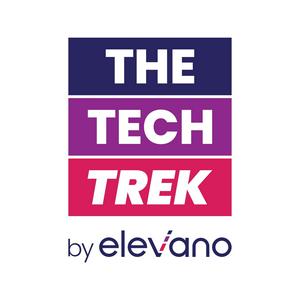Luke Fischer, cofounder and CEO of SkyFi, breaks down how earth intelligence is becoming searchable, and why that changes decision making across defense, energy, logistics, and agriculture.
You will hear how his path from Army special operations aviation to Head of Flight Ops at Uber shaped SkyFi’s product mindset, plus a practical look at what geospatial imagery and analytics can actually answer today.
Key Takeaways
• Networks are not nice to have, they are the fastest path to trust, hiring, and deals, especially in government and high stakes markets
• SkyFi’s core unlock is access, making it possible to task satellites, pull history, and ask questions of the data, not just look at images
• Going commercial first can create a faster iteration loop, then government adoption follows once the product is battle tested
• The real product future is answers, not imagery, using natural language queries that return decisions grade insight
• Privacy is not only about resolution, it is also about who can buy data, screening, and compliance, because access is the real leverage point
Timestamped Highlights
00:47 Earth intelligence in plain English, task satellites, pull decades of history, ask questions like vessel detection or soil moisture
06:32 Why veteran resumes miss the mark, and how to translate leadership without goofy title inflation
10:44 The origin story, a broken buying experience in satellite imagery turns into SkyFi’s wedge
16:42 Selling into government, people game first, acquisition reality, and why patience is a feature
19:46 Use cases you will not expect, livestock behavior, barge counting, palm heights, mineral detection, and more
28:10 Where this is headed, ask a question about the world, get an answer, then move toward proactive intelligence
A line worth repeating
“Startups are the same thing, you are finding the right people with the right traits to solve these undefined problems in being comfortable with risk.”
Practical moves you can steal
If you are hiring, screen for comfort with ambiguity, not just pedigree, undefined problems are the job in high growth work
If you are selling, build your network before you need it, warm paths beat cold volume every time
If you are building product, shorten the feedback loop, commercial iteration can harden the product before slower cycle buyers adopt
Call to Action
If this episode sparked ideas for how data, defense, or AI driven analytics will reshape markets, follow the show and turn on notifications so you do not miss the next one. Also share it with one operator who makes high stakes decisions and would appreciate a clearer view of what is happening on the ground.


